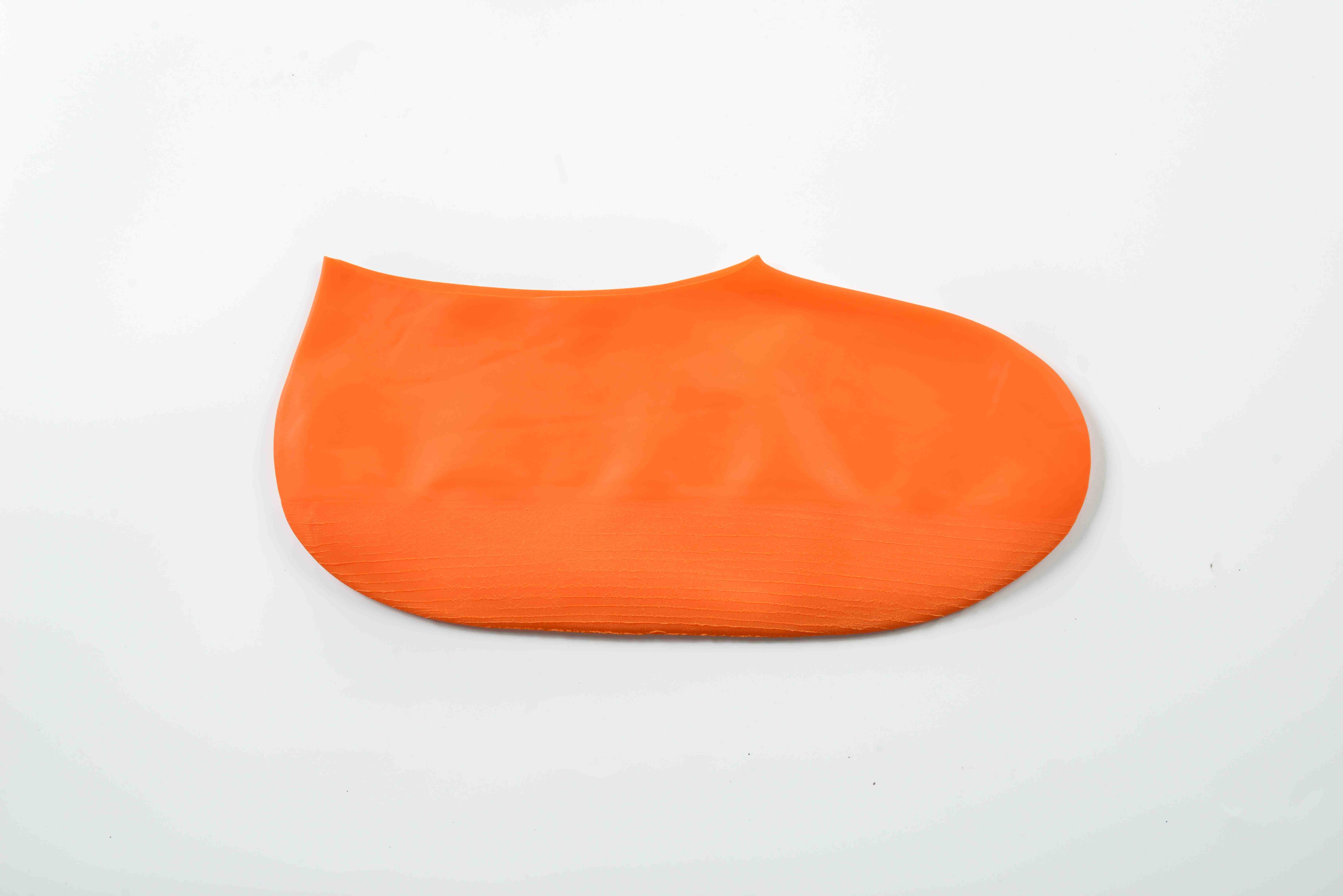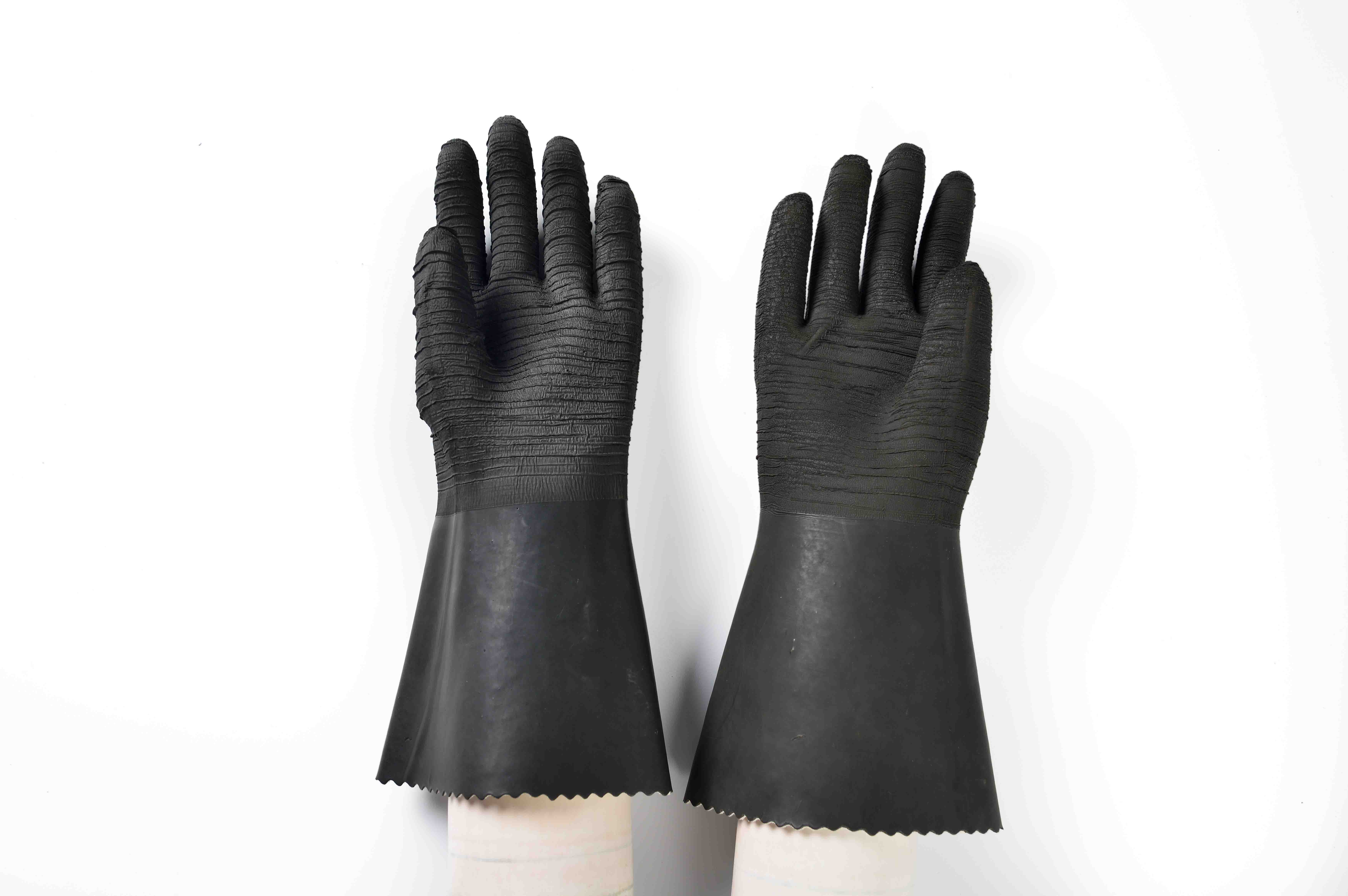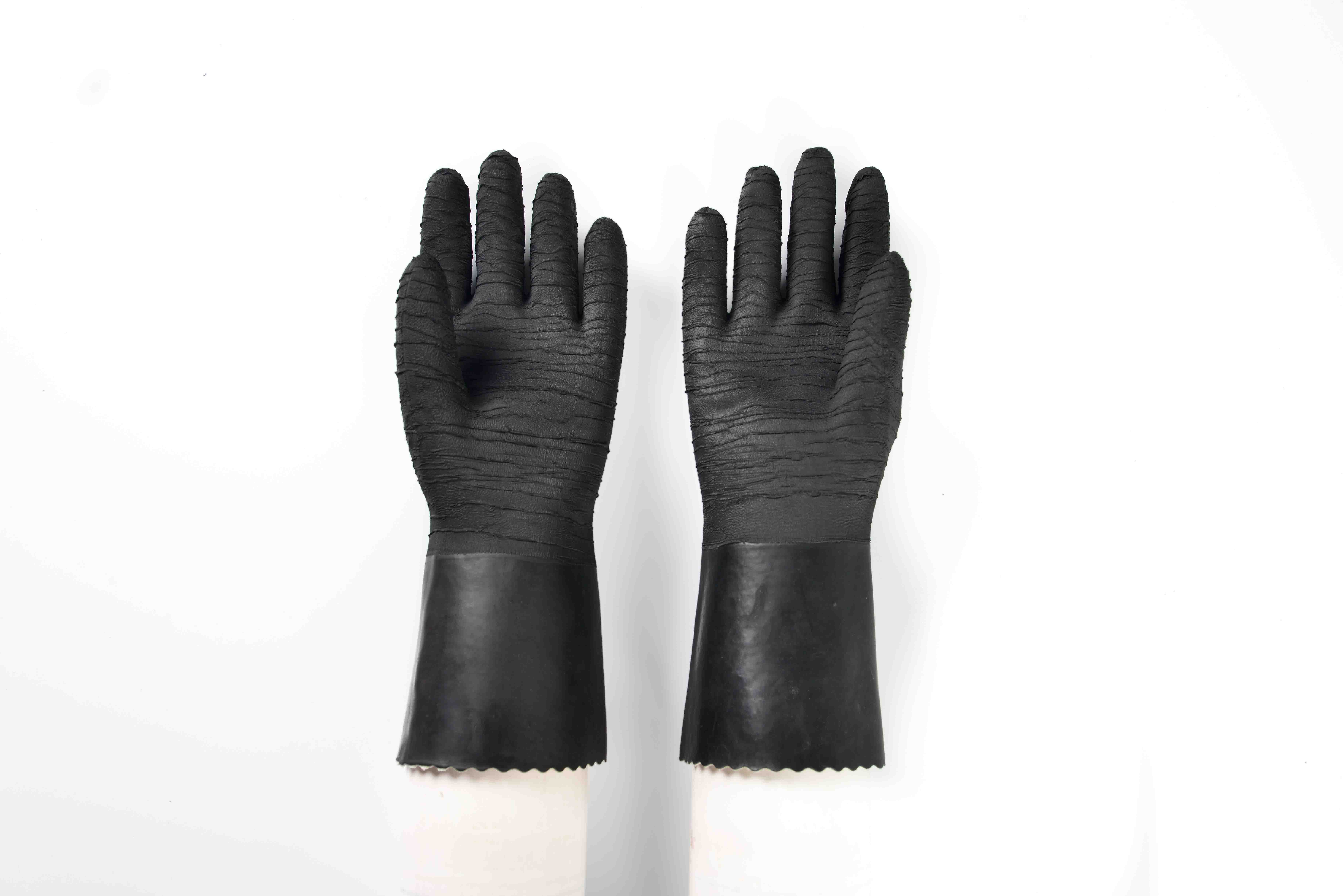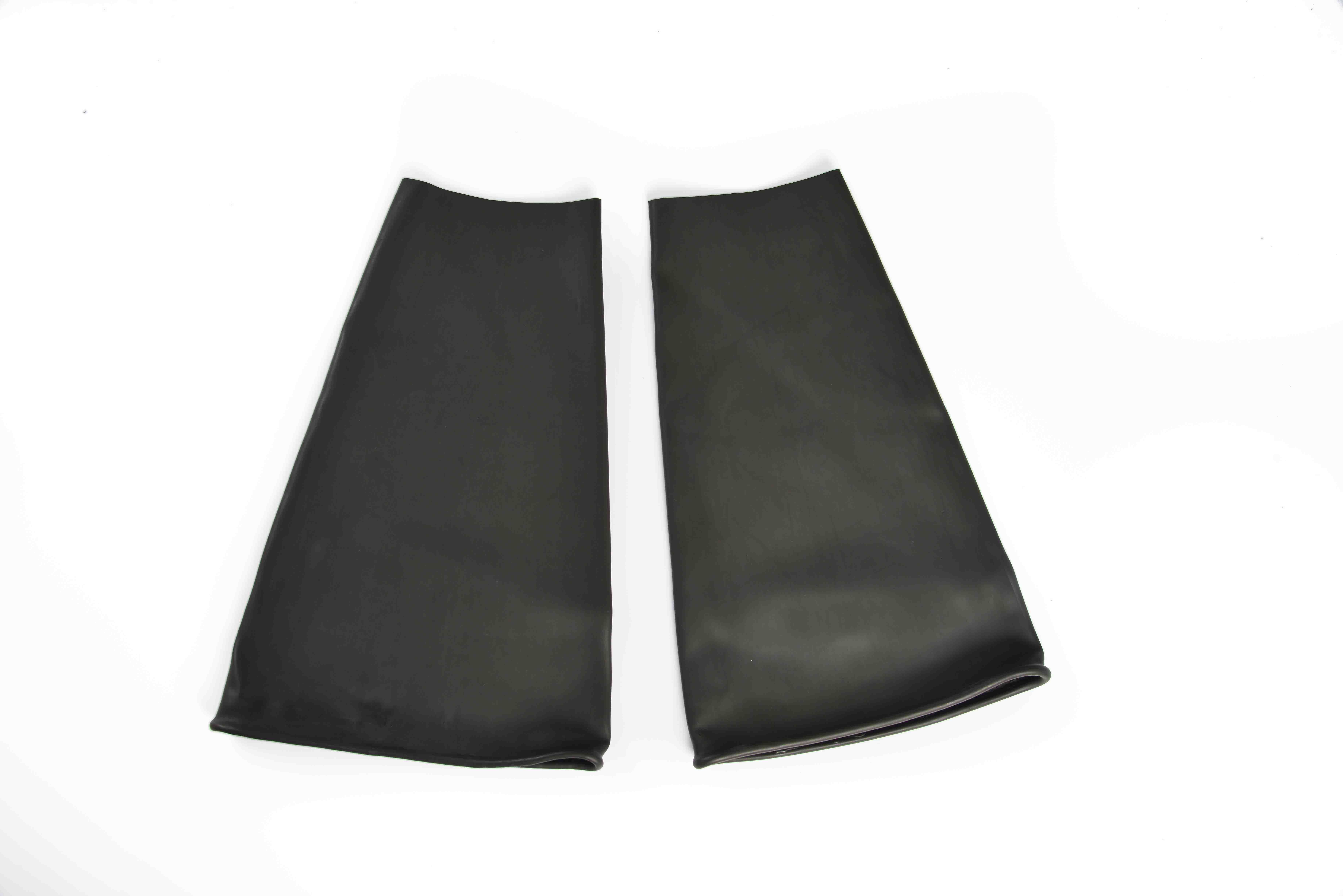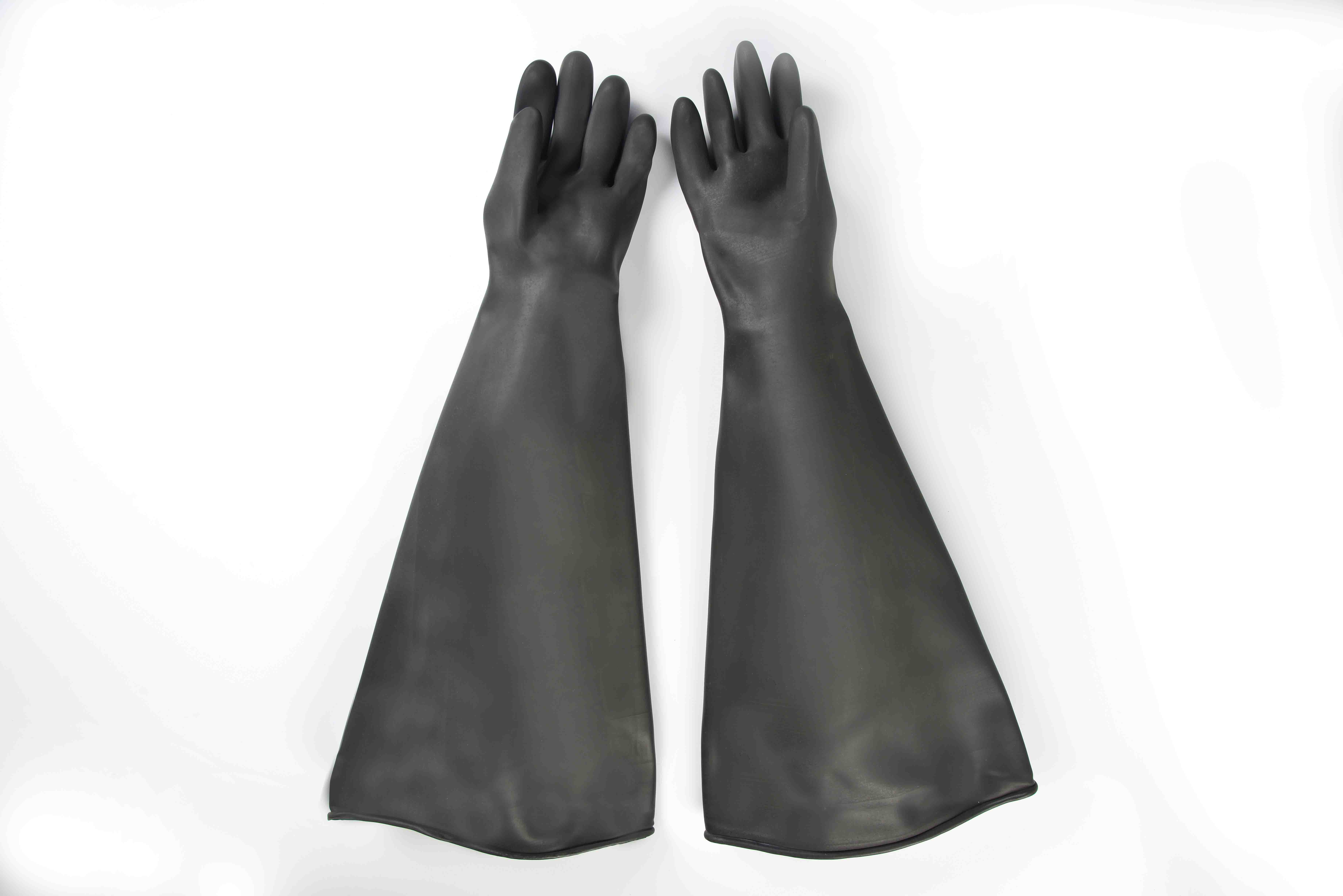2016 Good Quality Rubber shoe cover-L for Marseille
Short Description:
Rubber shoe cover, made of 100% natural rubber. Wrinkling sole for slip resistance, water proof, good elasticity, good resistance against acid and alkali, non-toxic, No stimulating smell. They can be widely used in industry, agriculture, food processing, etc. There are totally 4 sizes. Different colors are available. Package: 100 pairs/case.
Product Detail
FAQ
Product Tags
Our company puts emphasis on the management, the introduction of talented personnel, and the construction of staff building, trying hard to improve the quality and liability consciousness of staff members. Our company successfully attained IS9001 Certification and European CE Certification 2016 Good Quality Rubber shoe cover-L for Marseille, If you are interested in any of our products and services, please don't hesitate to contact us. We are ready to reply you within 24 hours after receipt of your request and to create mutual un-limited benefits and business in near future.
Rubber shoe cover, made of 100% natural rubber.
Wrinkling sole for slip resistance, water proof, good elasticity, good resistance against acid and alkali, non-toxic, No stimulating smell.
They can be widely used in industry, agriculture, food processing, etc. There are totally 4 sizes. Different colors are available. Package: 100 pairs/case.
FAQ Content
Video tutorial on how to diagnose and repair the blend door actuator on a Ford Ranger. The two main issues with a failing blend door actuator is when you adjust the interior temperature on the hvac control panel, you will either hear a clicking sound or the temperature will be stuck on either hot, cold, or won’t adjust the cabin temperature. If you catch the issue in the right time, then it is repairable and you don’t need to buy a replacement actuator. This particular vehicle I am working with is a 1998 Ford Ranger, but a similar procedure may also apply to Mazda B series models as well.
Website: http://4diyers.com
Patreon: https://www.patreon.com/4diyers
Facebook: https://www.facebook.com/4diyers
Google Plus: https://plus.google.com/+4DIYers
Twitter: https://twitter.com/4DIYers
Instagram: https://www.instagram.com/4diyers/
Tumblr: http://4diyers.tumblr.com
Pintrest: https://www.pinterest.com/4diyers/
Tools/Supplies Needed:
-grease
-cloth
-contact cleaner
-blend door actuator
-gear replacement
-multimeter
-standard/flat screwdriver
Procedure:
-as mentioned above the two main issues is you will either hear a clicking sound in the dash when adjusting the temperature or the temperature can’t be adjusted
-it is located behind the glove box
-remove the contents of the glove box, then bend the sides in and pull down
-this will expose the main duct and the blend door actuator is either a white or black box, this will depend if it’s been replaced before or not and is located on the top
-remove the electrical connector, simply depress the tab and pull out
-the electrical connector can be both back probed using a multimeter when in place or disconnected to test the controller circuit
-wiring may vary between the years so check a wiring diagram specific to your vehicle
-the pinout diagram will say which pin location connects to what part of the circuit
-turn the ignition in the run position
-using a multimeter on the lowest DC voltage setting, check to ensure if there is power at the circuit, along with a sufficient ground
-now setting the multimeter to the lowest ohms setting, we will measure the resistance of the potentiometer in the hvac control panel
-values will vary depending on what your cabin temperature is set at
-if it fails any parts of the test, then there is an issue with the hvac control panel or the wiring
-we can simply remove the actuator and inspect if it’s functioning correctly
-to remove it, simply depress the two tabs on the front and use a standard screwdriver to pop it up
-use the assistance of a standard screwdriver to disconnect the actuator
-another issue is that the shaft can break, either on the unit or on the door within the duct
-if the door has broken within the duct, then the duct will need to be disassembled for replacement
-plug the actuator back into the electrical connector, turn the ignition in the run position and test
-rotate the air temperature control and watch to see if the shaft rotates
-it doesn’t have a large amount of movement and won’t move fast either
-using a smaller standard screwdriver, slowly pop the tabs around the outside
-try to hold it apart so it doesn’t clip closed again
-remove the cap and then everything will be exposed inside
-wipe off any old lubricant
-I used a paint marker just to align the gears to make it easier for reassembly
-then remove the gears and continue to clean off the old lubricant
-inspect gears for any damage
-the small gear driven by the motor, I have seen a replacement on Ebay if yours needs to be replaced and it’s much cheaper than buying a new replacement unit
-clean the potentiometer with electronic contact clean and a clean rag
-do not contaminate this area with any oil or grease and inspect for any damage
-ensure the contacts on the shaft gear which run against the potentiometer is cleaner and make sure they ride correctly on the swipe area
-apply lithium grease to the gears and shafts they ride on
-reassemble the gears, lining everything back up and ensure the case is snapped back together
-test to make sure it is working correctly
-for reinstalling the actuator back onto the duct, if you have moved it, then that’s not an issue
-connect the electrical connector, turn the ignition on and then slowly rotate temperature selector, eventually the actuator will fall into it’s slot, then snap the unit back into place
-test again
-push the glovebox back into place by pulling in the sides again
Thank you to all those who watch my videos and support my content. Don’t forget to subscribe to my channel for future tutorial videos and like my video if you found it helpful. New videos are always being uploaded every week!
© 4DIYers 2013
All Rights Reserved
No part of this video or any of its contents may be reproduced, copied, modified or adapted, without the prior written consent of the author.
This is a tutorial on how to make a great looking pair of knight gauntlets out of craft foam. You just need some simple supplies like foam, paint and a clothes iron. I show you how to do it and I give you the template for the pieces. The template also includes two different hand sizes. These gauntlets look terrific and you can paint them any way you like and add some knightly details.
The Template and Tutorial are on my website here:
http://stormthecastle.com/how-to-make-a/how-to-make-gauntlets-out-of-foam.htm
Affiliate Links to the products Will uses:
12×18” Foamies craft foam: http://amzn.to/2eC4Kaz
My favorite Hot Glue Gun: http://amzn.to/2eKu2GG
Will uses the #1 X-acto knife: http://amzn.to/2fxjDwN
Silver Paint: http://amzn.to/2eBYvTU
Heat Gun: http://amzn.to/2eBZUdj
About my Channel:
I have hundreds of videos covering all kinds of creative projects. I put out two new videos every week and if you want to stay updated you can subcribe to my channel here:
http://www.youtube.com/subscription_center?add_user=epicfantasy
MORE weapons and armor projects In my playlist here:
http://www.youtube.com/playlist?list=PL02EB38471D05DF30

